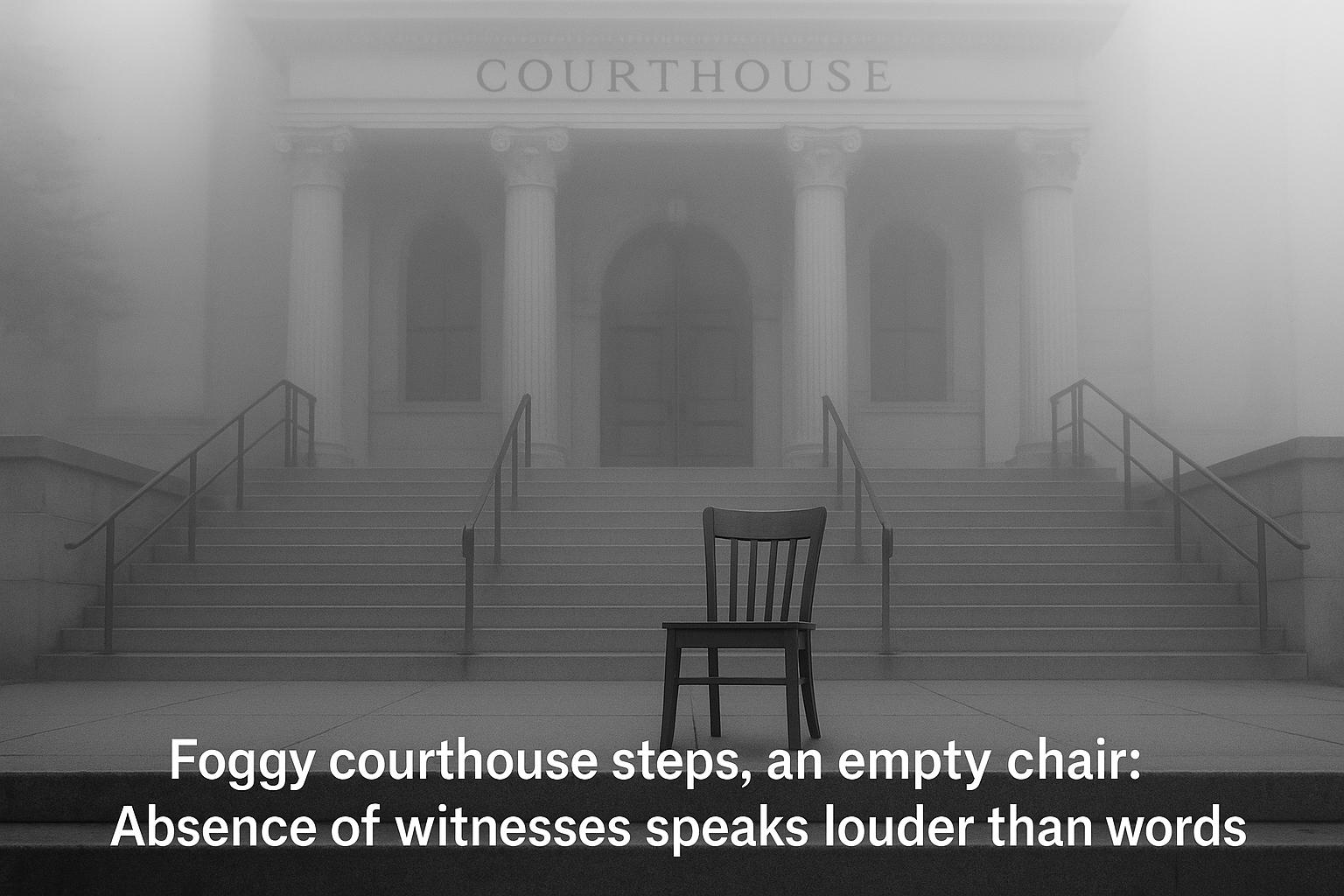Keir Starmer is facing intense parliamentary scrutiny following the collapse of a high-profile espionage trial against two men accused of spying for China. The Conservative opposition is set to demand urgent explanations over claims that national security adviser Jonathan Powell may have obstructed justice to protect diplomatic and economic links with Beijing. MPs are expected to question the government’s handling of the case when Parliament reconvenes this week.
The trial of Christopher Cash and Christopher Berry, accused of passing secrets to China between 2021 and 2023, was abruptly halted last month after prosecutors said there was insufficient evidence to proceed. Both men were formally acquitted and continue to deny any wrongdoing. The Crown Prosecution Service (CPS) revealed that the government repeatedly refused to provide evidence declaring China a national security threat during the period, a legal prerequisite under the Official Secrets Act to lay charges of espionage against an ‘enemy’ state.
The Director of Public Prosecutions, Stephen Parkinson, explained that the CPS had laboured for months seeking confirmation from government ministers to classify China as a threat. Without this designation, prosecutors said the case could not be sustained in court. Speaking to ITV News, Parkinson remarked that key Whitehall officials, including Jonathan Powell and Foreign Office senior civil servant Sir Oliver Robbins, were involved in deliberations that ultimately led to withholding such confirmation.
This decision has provoked accusations that the government prioritised its fragile economic ties with China over national security. Shadow Home Secretary Chris Philp told The Mail on Sunday that withholding critical information deliberately undermined the espionage prosecution “because they care more about China bailing out their economic mess than about national security.” He called for Powell’s resignation and demanded transparency from Starmer over whether he was aware of these decisions.
The controversy centred on a legal technicality stemming from the UK’s National Security Strategy 2025, which describes China as a “geostrategic challenge” but stops short of officially designating it an “enemy.” This classification proved decisive, as the Official Secrets Act only applies to nations formally deemed enemies. Prosecutors stated that a 2024 court ruling clarified this interpretation, leaving them unable to maintain charges against Cash and Berry, who had faced trial under the Act.
Prime Minister Starmer has publicly denied that the trial’s collapse was influenced by political considerations. In statements reported by Reuters, he emphasised that the Labour government inherited the policy framework from the previous Conservative administration, which had never declared China a security threat in the relevant timeframe. Starmer insisted the CPS’s decision was motivated solely by legal constraints, not an attempt to appease Beijing.
Nonetheless, the case has ignited a fierce political debate. The Speaker of the House of Commons, Lindsay Hoyle, is pursuing legal advice about whether Cash and Berry could face prosecution for alternative offences, such as theft of data or illegal access to Parliament, since evidence of wrongdoing remains under inquiry. Meanwhile, opposition MPs are demanding accountability for the government’s role in the prosecution’s failure, with some alleging potential obstruction of justice.
The fallout spotlights the complex challenge Britain faces balancing national security concerns with diplomatic and trade relations amid growing global tensions over China’s rising influence. Critics argue that the government’s cautious approach to defining China’s threat level may undermine public confidence in intelligence and legal processes designed to protect sensitive information. The episode also raises broader questions about political oversight and transparency in handling national security cases.
As pressure mounts, the government is bracing for intense scrutiny in Parliament. The outcome could have enduring implications for UK-China relations and how espionage cases are managed in an era of evolving geopolitical threats.
📌 Reference Map:
- Paragraph 1 – [1], [6], [7]
- Paragraph 2 – [1], [2], [7]
- Paragraph 3 – [7], [1], [6]
- Paragraph 4 – [1], [6], [7]
- Paragraph 5 – [3], [6], [1]
- Paragraph 6 – [5], [4], [1]
- Paragraph 7 – [1], [6]
- Paragraph 8 – [1], [6], [7]
- Paragraph 9 – [1], [6]
Source: Noah Wire Services
